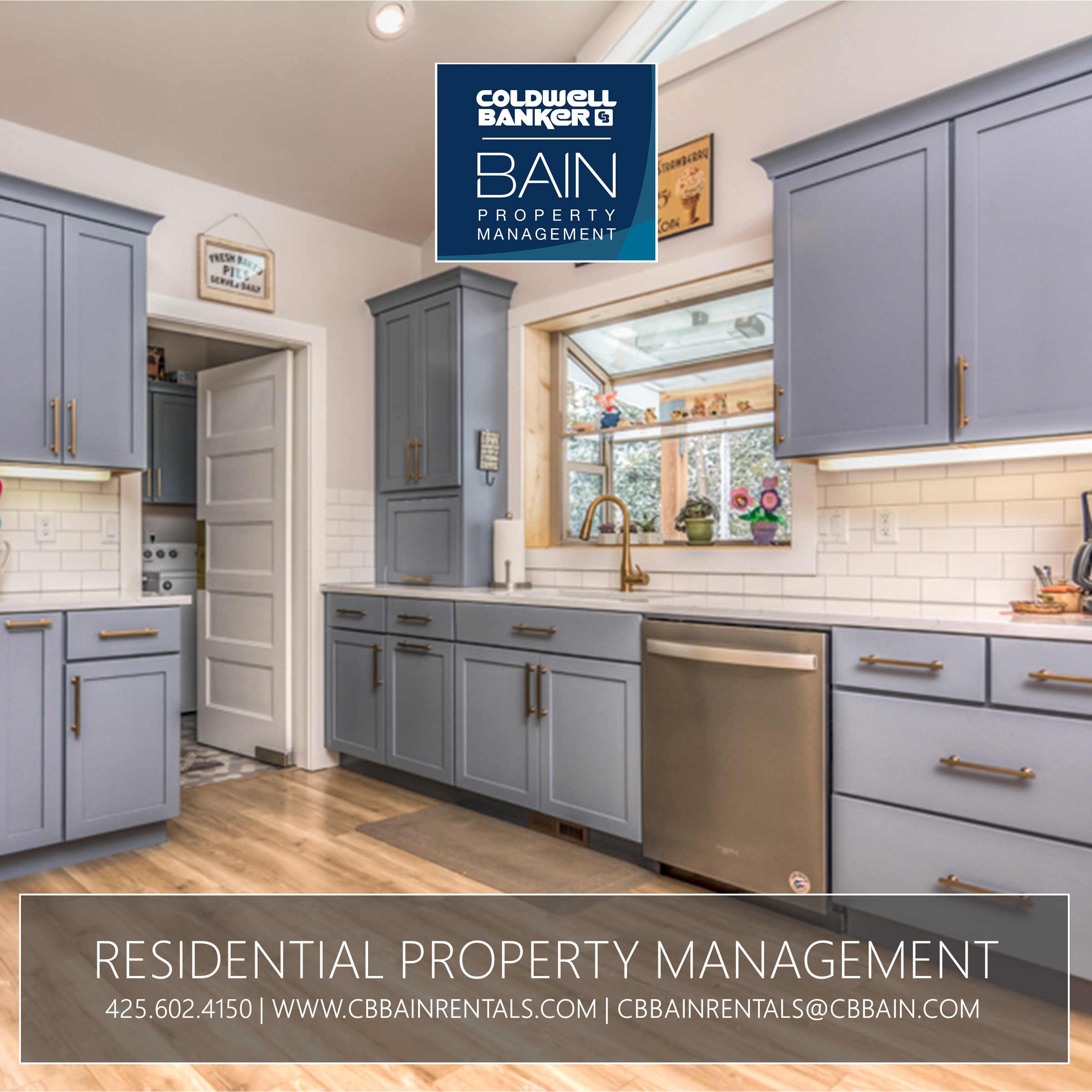Despite social distancing, we are still here to help you. We’re all in this together! Stay healthy.
Follow all CDC guidelines including, but not limited to the following:
- Wash your hands with soap for at least 20 seconds! Many times during the day!
- DON’T touch your face!
- Stay at home!
- If you must go out, Practice social distancing, JUST DO IT!!!!
- If you feel sick, CALL your doctor!
We are here to help you and your clients with all aspects of the rental market. Please contact us for further assistance!
Nothing found herein should be construed as an attempt to offer or render a legal opinion or otherwise engage in the practice of law. You should not rely solely on this information. We encourage our clients to work with a lawyer experienced in commercial and/or residential real estate matters as they can be complicated and confusing. IN addition, follow all CDC guidelines and the laws of your state. When in doubt, contact your doctor!


 Facebook
Facebook
 X
X
 Pinterest
Pinterest
 Copy Link
Copy Link


